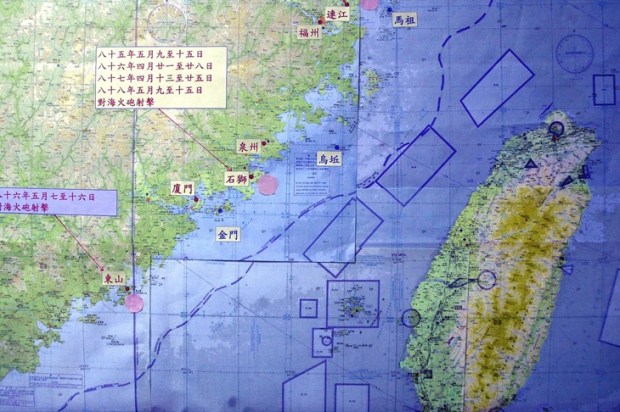In Canberra, a severe case of political amnesia has just been detected.
Not life-threatening, of course, just concerning for those federal public servants who have just been promised a pay rise by the Albanese government. Since from the time of Gough Whitlam, Labor governments have been careful to keep the public service onside.
This time the public service is, well, slightly worried about the government’s acceleration of the Voice to Parliament and the policy implications. Australians have been promised an education campaign (it’s still in the works, but no doubt will be on our screens, before our eyes, and in our ears – especially if Your ABC has anything to do with it, which it will).
The public servants are worried because there is a precedent. Public servants, like lawyers, take note of precedents. They would prefer to forget it, but it keeps coming back, as precedents do. Political amnesia happens mostly after a change in government.
The precedent was ATSIC (Canberra is fond of acronyms), standing for Aboriginal and Torres Strait Islander Commission. It was created in 1990, established in Canberra’s southern hub of Woden, and staffed by many members of the old Department of Aboriginal Affairs.
This spectator knows this because she, then a federal public servant working in a communications area, was deployed to the ATSIC fold, as a speechwriter for ATSIC Chair Professor O’Donoghue.
While there were some benefits, (I was able to walk to work, though then, parking was ample and free in Woden) the culture of the new entity was hardly, as had been hoped, harmonious and collegiate. There was marked dissatisfaction in the ranks, which was unsurprising as many bureaucrats who were shifted from the old DAA worried about ATSIC’s new directions.
There was even a small group of BING’s, grizzled, and grumpy males who made no attempt to achieve consensus; BING stood for ‘Been In New Guinea’. They had joined the DAA and were incensed by the knowledge that a new category of public servant had been created with these ‘designated positions’ to be filled by Indigenous applicants.
ATSIC’s mission was to be a body combining both representative and executive roles through a system of regional (‘Land Councils’) bodies, with a national board elected by Indigenous people that would incrementally absorb the administration roles of both the DAA and the Aboriginal Development Corporation (ADC).
Former Minister for Aboriginal Affairs Fred Chaney, a fervent advocate for Indigenous health and welfare, believed in policy mainstreaming, a whole-of-government approach that involved collaboration between key agencies such as education and health, for, as one of my colleagues informed me, yes, he was a BING, ‘Aboriginal Affairs is involved in every single government department and agency, with the exception of Immigration and DFAT.’
ATSIC should have worked. It did not, from my lowest-on-the-ladder view, because of the massive cost blow-out, paid for by taxpayers and internecine rivalry and heated combativeness of several senior Land Council officials.
There was among some interstate officials, marked relaxation when they came to Canberra; one Land Councillor discovered Canberra Casino’s open 24-hour hospitality and had to be coaxed to return to Woden for his vote at meetings.
ATSIC was abolished in 2005 under the Howard government. I returned to my ‘owned’ job on the other side of the lake, catching the bus instead of walking the bike path to Woden.
Could the Voice do better than its ATSIC precedent? We’re about to find out.

























